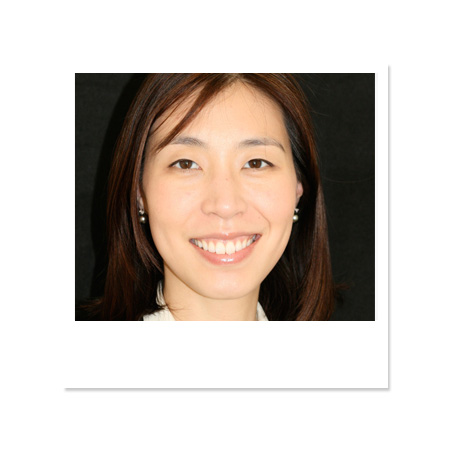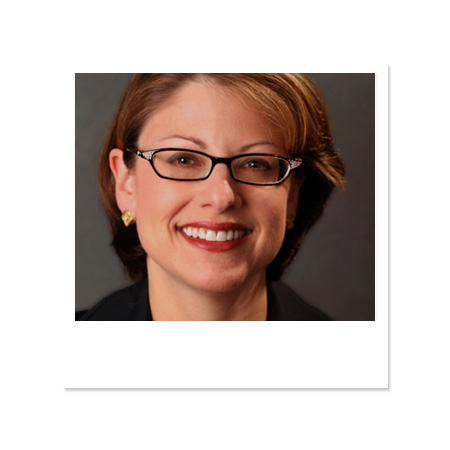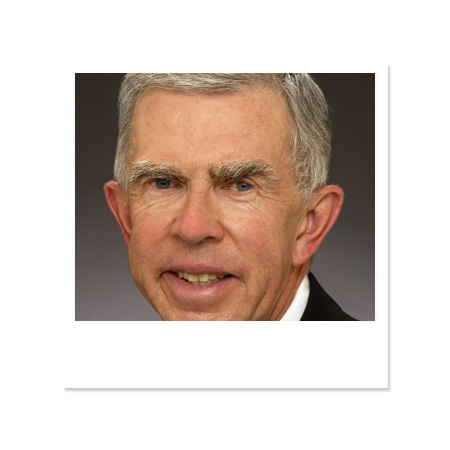Medical Panel
To ensure CV Skinlabs products could be used by even those with compromised and sensitive skin, and to set a new standard of safety, a team of doctors and experts in the field of health and safety were assembled. CV Skinlabs Medical Panel provided objective feedback during development. Each professional offers a unique perspective on patient care, skin treatment and topical applications appropriate for all types of compromised skin – not only those affected by cancer and cancer treatments.
 Jennifer Choi, M.D.
Jennifer Choi, M.D.
Dr. Jennifer Choi is Assistant Professor of Dermatology and Director of the Yale Oncodermatology Clinic. This clinic serves oncology patients with cancer of all types by helping them with their various dermatologic needs associated with cancer and treatment. Such issues include very dry skin; itching; skin changes as side effects from chemotherapy including rashes, nail and hair changes; skin infections; cancer involvement of the skin; radiation dermatitis and other changes due to radiation. Dr. Choi is director of clinical research trials investigating the prevention and treatment of cancer therapy-related side effects.
Dr. Choi also specializes in treating patients with skin cancer, including melanoma, squamous cell carcinoma and basal cell carcinoma. She is an integral member of the Yale Cancer Center Melanoma Unit. As part of this Unit, she specializes in the use of non-surgical immunotherapy treatments including topical imiquimod for melanoma. She works closely in a multidisciplinary fashion with medical oncologists, surgical oncologists, radiation oncologists, and dermatopathologists. For all skin cancer patients, she conducts rigorous screening skin examinations on a regular basis to detect skin cancers and sun damage to optimize prevention and therapy. She is experienced with surgical treatment of skin cancers, as well as non-surgical methods to treat skin cancer and precancerous lesions, including photodynamic therapy.
 Madeline Krauss, M.D.
Madeline Krauss, M.D.
Dr. Krauss practices general and surgical dermatology with a special interest in aesthetic dermatology and laser medicine. Dr. Krauss is board certified in Dermatology and completed a fellowship in cosmetic dermatologic surgery at Beth Israel Deaconess Medical Center/Harvard Medical School. She received her residency training in the Tufts/Boston University combined program in dermatology, and completed a general surgery internship at Mount Sinai Hospital in New York. Dr. Krauss received her M.D. from Columbia University, where she was elected to the Alpha Omega Alpha honor society, and her undergraduate degree from Harvard College.
Dr. Krauss previously practiced Dermatology for three years at Newton Wellesley Dermatology Associates. Prior to that, she was an Assistant Professor of Dermatology at Tufts University and Director of the Center for Cosmetic Skin Surgery at New England Medical Center for four years. She is part of the consulting staff at Newton Wellesley Hospital, as well as Beth Israel Deaconess Needham Campus.
Dr. Krauss lectures and teaches nationally on laser techniques, and trains other physicians in Botox and filler procedures (Restylane, Juvéderm and others). She was voted “Best Non-surgical Cosmetic Improvement” in the Boston area by the Improper Bostonian Magazine.
 Donald Richey, M.D.
Donald Richey, M.D.
Dr. Richey is a graduate of University of Oregon Medical School. He served his internship at Milwaukee County Hospital, Milwaukee, Wisconsin and completed his dermatology residency at the University of Southern California.
He was a family practice physician for two years in the U.S. Public Health Service Department of Indian Health. He is board certified in Dermatology and Histopathology. His practice of Medical and Surgical Dermatology spans over three decades with the addition of an aesthetic component, Rejuvené, in the past 10 years.
Dr. Richey founded Brighter Days, a skin care program dedicated to patients undergoing chemotherapy and radiation treatments where he volunteers his time on a monthly basis. He also teaches other dermatologists to start Brighter Days organizations in their communities.



